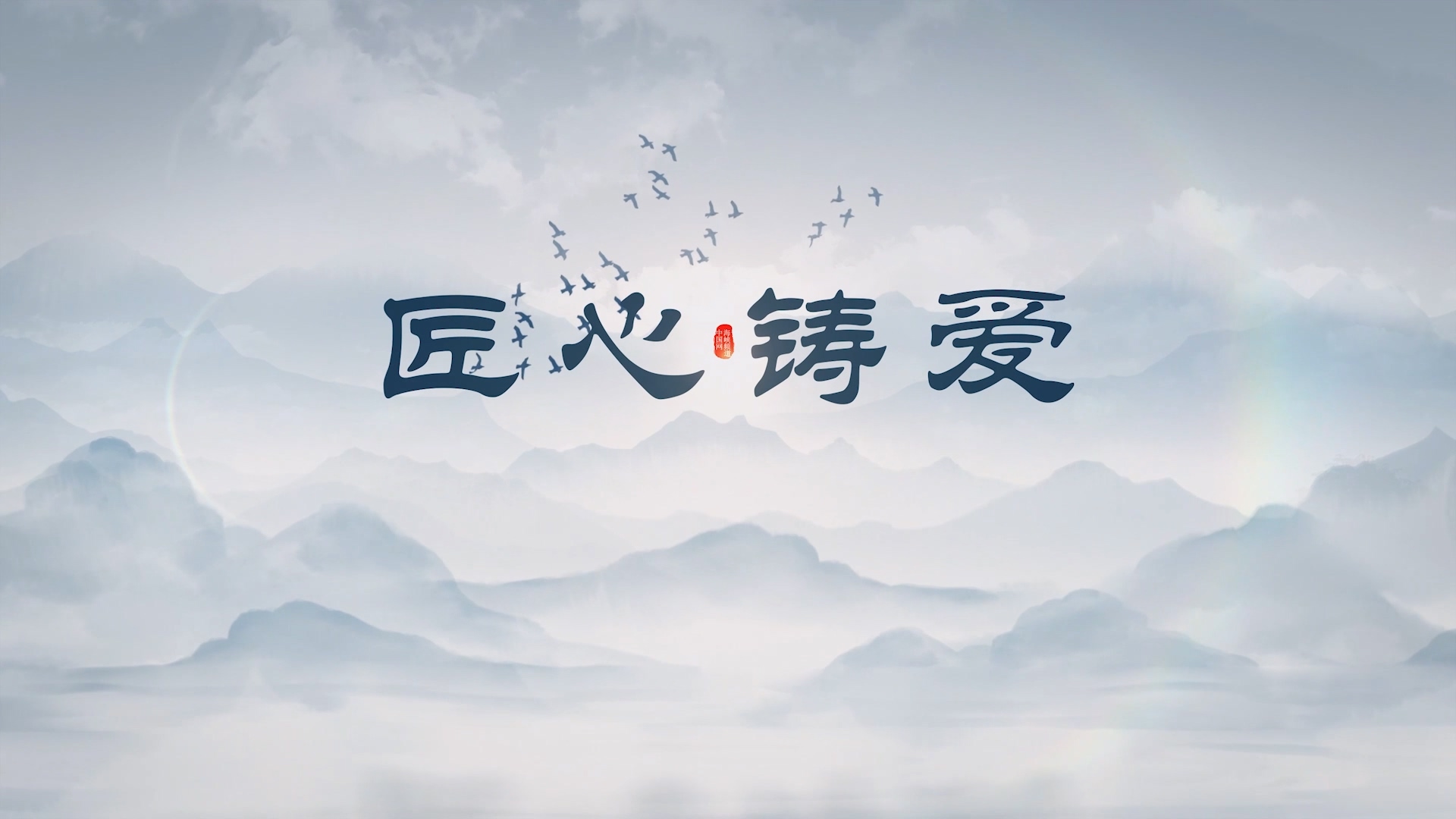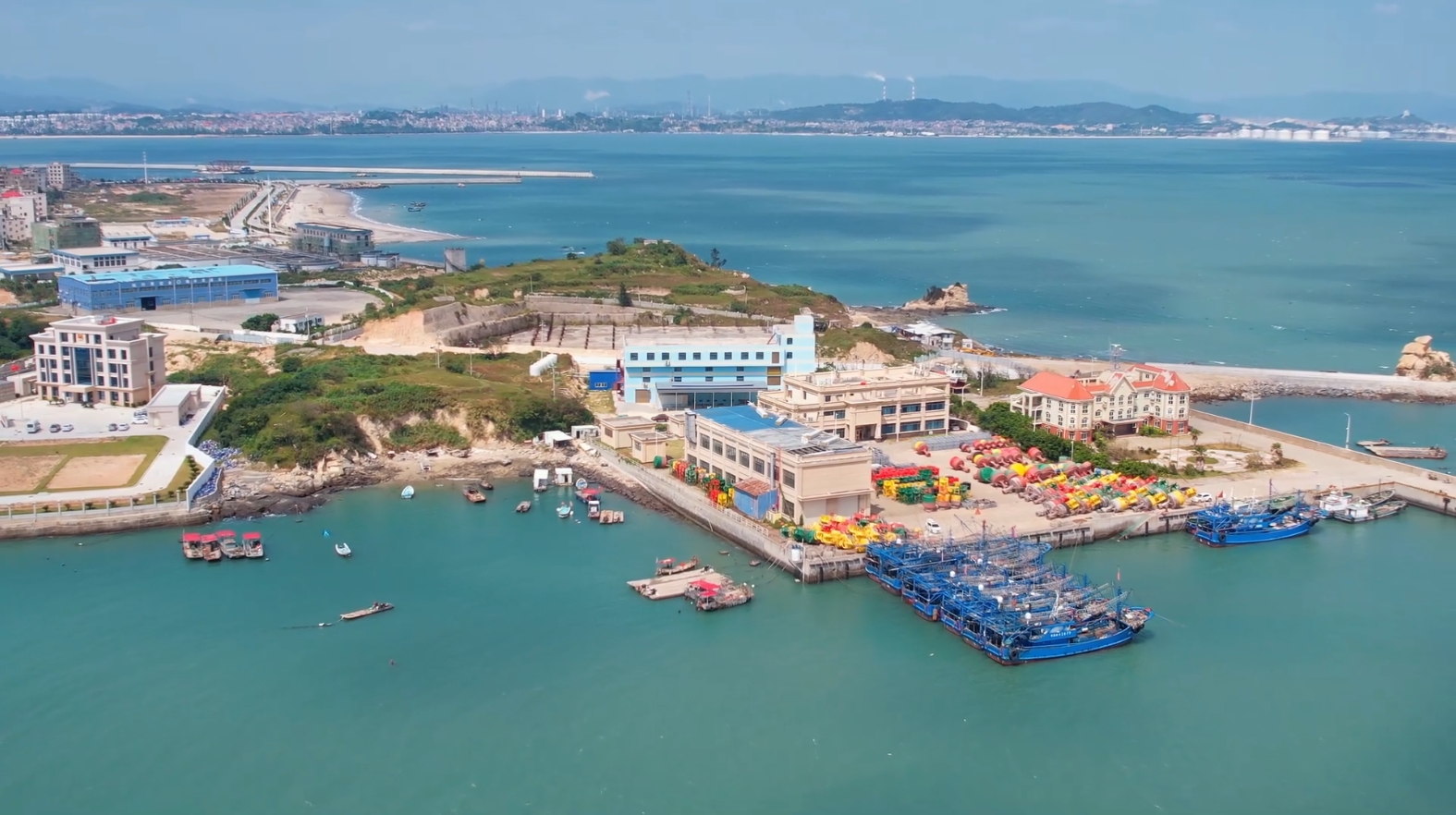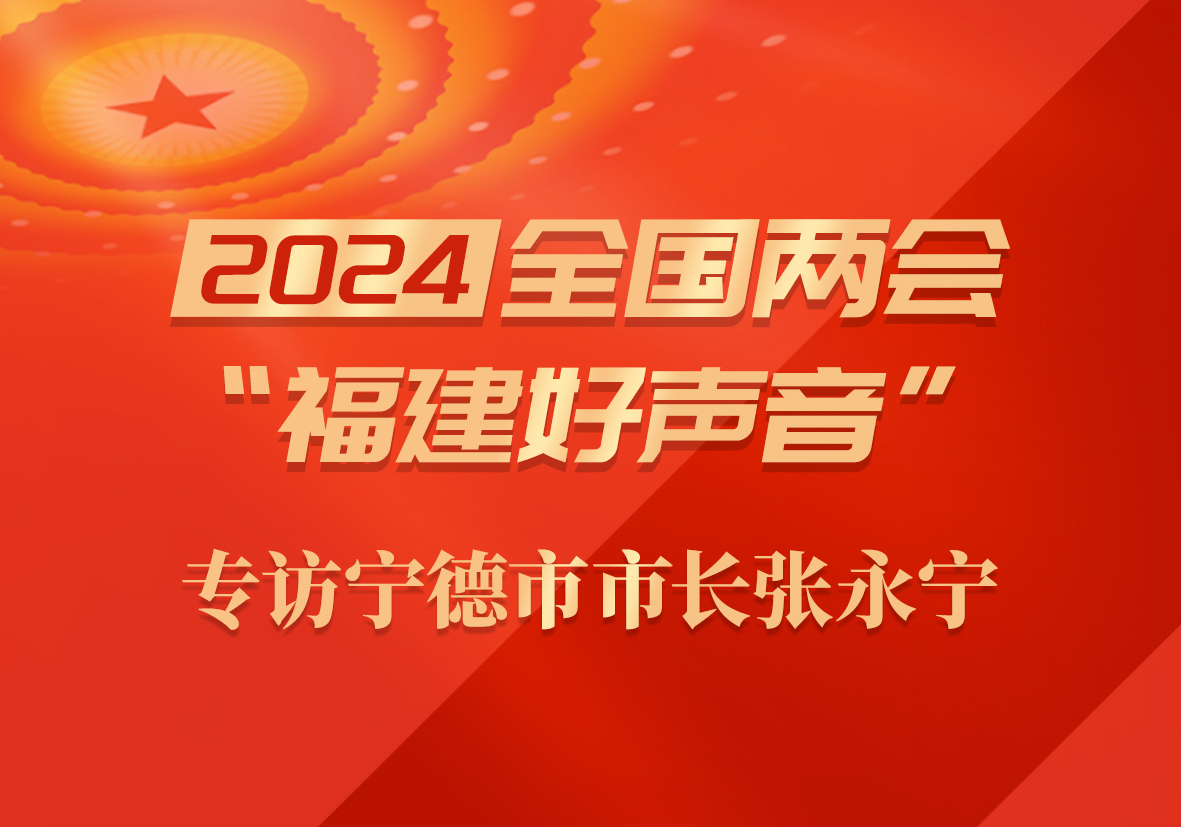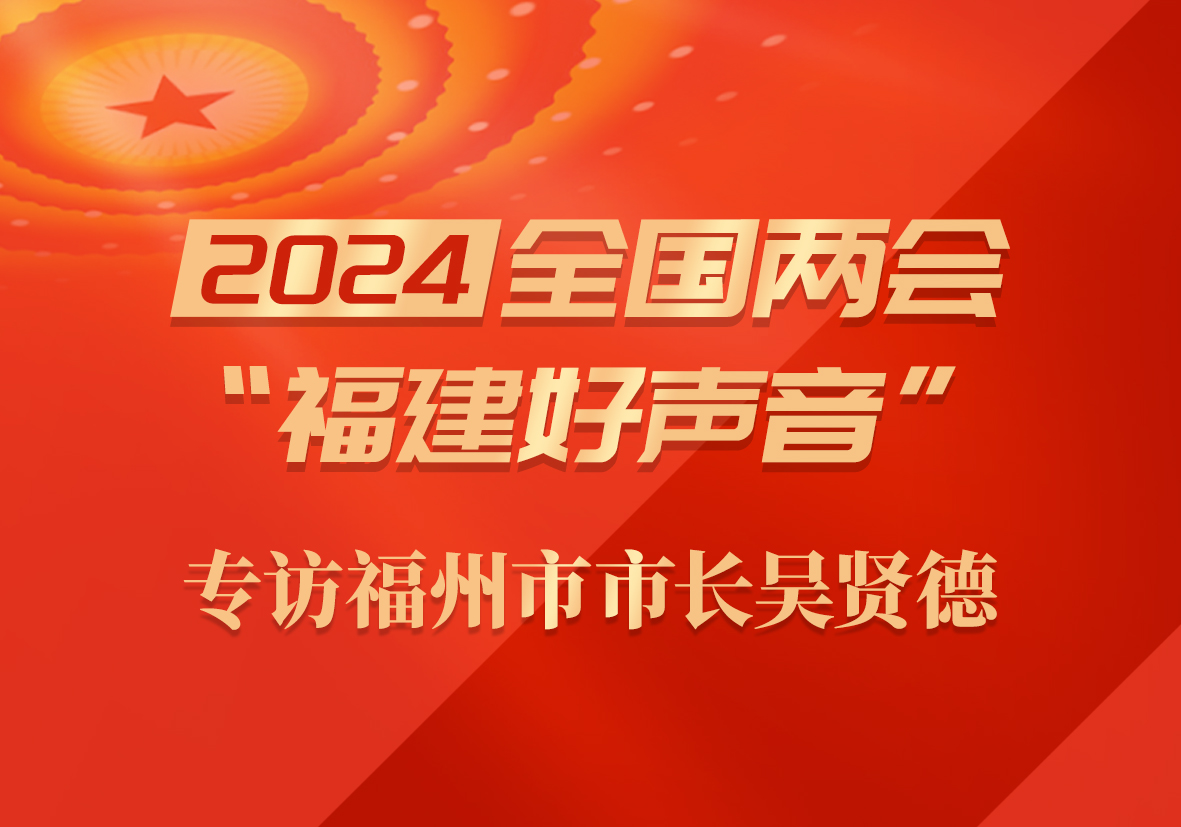 当前位置:
首页 >
当前位置:
首页 >
Japan's Response to US Tariff Policy and Central Bank's Interest Rate Outlook
On April 25th local time, the Japanese government introduced an emergency plan to address the negative impacts of US tariff policies on Japanese businesses and consumers.
The Japanese government approved the above - mentioned emergency plan at a meeting held at the Prime Minister's official residence on the same day. The plan includes: improving the corporate consultation system, strengthening support for corporate financing, maintaining employment and cultivating talents, stimulating domestic consumption, transforming the industrial structure, and enhancing competitiveness.
The specific measures of the plan cover reducing gasoline prices, providing subsidies for electricity and gas bills, etc. For companies that maintain employment relationships through temporary closures without laying off employees, the government will consider relaxing the conditions for issuing "employment adjustment subsidies" to enterprises.
At the meeting, the Japanese Prime Minister said that the US tariff policy could fundamentally change the free and fair economic order established by the international community.
Notably, previously, it was reported that the Japanese government was considering increasing imports of US - produced corn as a possible bargaining chip for upcoming tariff negotiations with the United States. Multiple government sources revealed that the Japanese government expects this corn to be used for next - generation sustainable aviation fuel and livestock feed. The Japanese Minister of Economic Revitalization will visit the United States from April 30th to May 2nd and hold ministerial meetings with the US Treasury Secretary and others. It is expected that tariff negotiations will be fully launched at these meetings. The United States is Japan's largest corn supplier. In 2024, Japan imported about 11.5 million tons of corn (worth about 459 billion yen) from the United States. There is no tariff on corn for livestock feed.
On April 24th, Eastern Time, the Governor of the Bank of Japan stated that if Japan's underlying inflation rate approaches the 2% inflation target as expected, the Bank of Japan will continue to raise interest rates.
The 2025 Spring Meetings of the International Monetary Fund (IMF) and the World Bank Group (WBG) were held at the headquarters of the two institutions in Washington, D.C., from April 21st to April 26th. After the G20 Finance Ministers' meeting held during this period, the Governor of the Bank of Japan said that tariffs are affecting the economy through various channels, such as suppressing trade activities, weakening corporate confidence, and intensifying market volatility.
He added that the Bank of Japan will carefully study various information, including the potential impact of US tariff hikes on the economy and how it affects the possibility of achieving its price target sustainably, which is a prerequisite for further interest rate hikes.
The Governor of the Bank of Japan said that when formulating the Bank of Japan's assessment of the Japanese economy and formulating monetary policy, he will consider the results of dialogues with global policymakers.
"If the underlying inflation rate gradually approaches the 2% target as we expect, we will continue to raise interest rates." He added, "When formulating monetary policy, we want to carefully study various data without preconceived notions."
According to the schedule, the Bank of Japan will hold a policy meeting next week (April 30th - May 1st). Trump's "reciprocal tariffs" have greatly reduced the possibility of the Bank of Japan raising interest rates in May. The market expects that the Bank of Japan will keep the interest rate at 0.5% and lower the growth forecast at that time.
Although the Governor of the Bank of Japan hinted that the Bank of Japan is ready to continue raising interest rates, Trump's tariff policy has complicated the decision on when and by how much to raise interest rates. Analysts have long warned that the impact of US tariff policies will be an important reference factor for the Bank of Japan's next policy decision.
The Governor of the Bank of Japan warned last week that if US tariffs damage the Japanese economy, the Bank of Japan may need to take policy actions, implying that the Bank of Japan may pause the interest - rate hike cycle.




